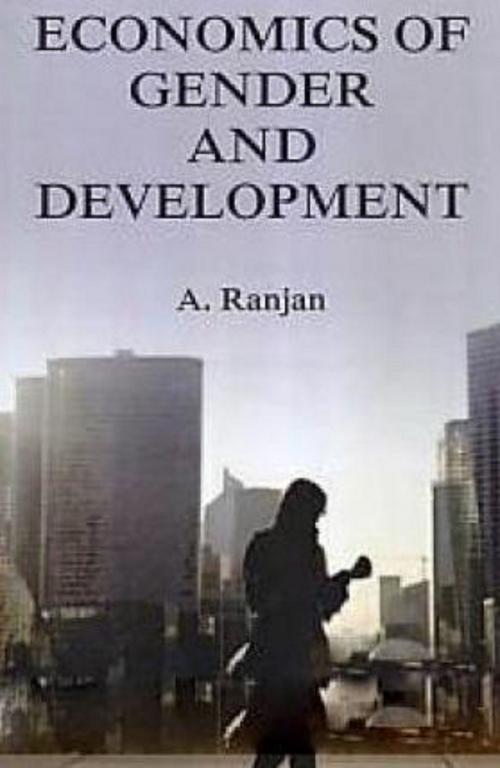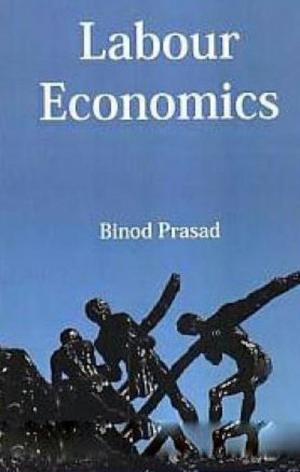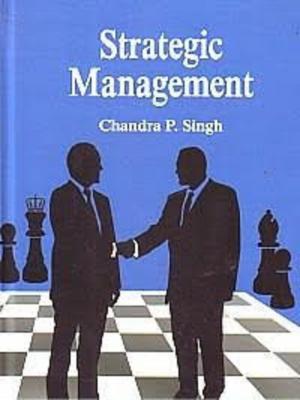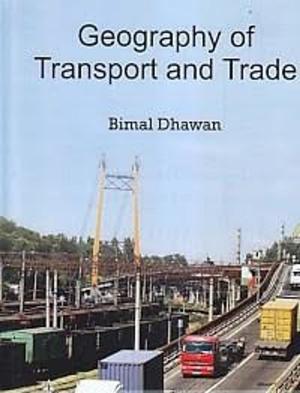Economics Of Gender And Development
Nonfiction, Social & Cultural Studies, Social Science, Gender Studies| Author: | A. Ranjan | ISBN: | 9789387798755 |
| Publisher: | Anmol Publications PVT. LTD. | Publication: | June 30, 2015 |
| Imprint: | Anmol Publications PVT. LTD. | Language: | English |
| Author: | A. Ranjan |
| ISBN: | 9789387798755 |
| Publisher: | Anmol Publications PVT. LTD. |
| Publication: | June 30, 2015 |
| Imprint: | Anmol Publications PVT. LTD. |
| Language: | English |
Women are essential to economic growth in developing countries. Moreover, investments in women often return multiple dividends in terms of helping to improve the well-being of their children, families, and communities. Gender equality is considered a critical element in achieving Decent Work for All Women and Men, in order to effect social and institutional change that leads to sustainable development with equity and growth. Gender equality refers to equal rights, responsibilities and opportunities that all persons should enjoy, regardless of whether one is born male or female. This book highlights the ways in which feminist analysis has contributed to a richer understanding of international development and globalization. This book is important not only because it provided the intellectual underpinning of the Women in Development (WID) analysis, but also because of the lasting influence it had on the development of theoretical, conceptual, and policy thinking in the fields of women, gender, and development.
Women are essential to economic growth in developing countries. Moreover, investments in women often return multiple dividends in terms of helping to improve the well-being of their children, families, and communities. Gender equality is considered a critical element in achieving Decent Work for All Women and Men, in order to effect social and institutional change that leads to sustainable development with equity and growth. Gender equality refers to equal rights, responsibilities and opportunities that all persons should enjoy, regardless of whether one is born male or female. This book highlights the ways in which feminist analysis has contributed to a richer understanding of international development and globalization. This book is important not only because it provided the intellectual underpinning of the Women in Development (WID) analysis, but also because of the lasting influence it had on the development of theoretical, conceptual, and policy thinking in the fields of women, gender, and development.















